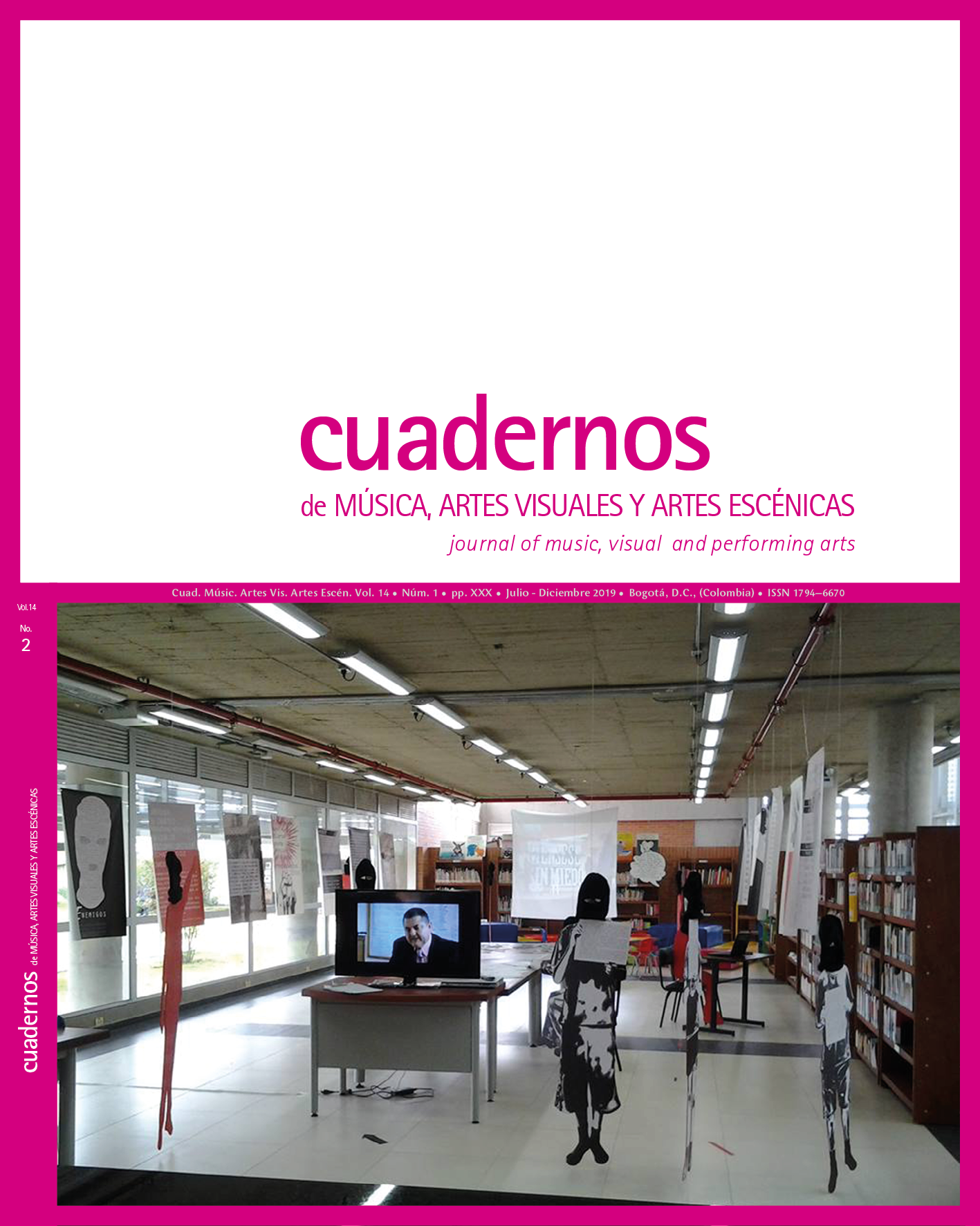Abstract
The purpose of this paper is the systematization of collective experiences and the generation of reflections on the resistance of local communities to extractive projects in Boyacá. It draws on the successful collective experiences that have favored the defense and protection of water in the upper Chicamocha river basin from 2010 to 2018, mainly in the province of Sugamuxi, Colombia. An interdisciplinary work between the arts, anthropology, ecology, law, different bachelor’s degree and engineering programs, as well as local knowledge, guaranteed the review of environmental impact studies and management plans, the translation of technical jargon into everyday language, active participation in citizen participation mechanisms, and the support to communities affected by the seismic exploration work of two hydrocarbon projects near Lake Tota. The paper makes it possible to rethink the classic concepts of family, community and social movement from the collective action of protection and defense of water, led by the inhabitants of the Sugamuxiprovince, who studied the documents provided by the companies and evidenced the affectations and irregularities in public hearings and environmental monitoring processes. The activity enabled the recognition of a territory, the generation of own methodologies that linked alternative communication, political action and technical argumentation with incidence in the environmental licensing of two hydrocarbon projects in the upper basin of the Chicamocha river.
Acosta, Myriam. 2015. “En la protección de la laguna de Tota y sus municipios aledaños”. Consultado: 20 de abril de 2018. http://www.semillas.org.co/es/en-la-protecci
Caracol Radio. 2016. “Comunidad se opone a intervención petrolera en Pesca, Boyacá”. Consultado: 11 de mayo de 2018. https://caracol.com.co/emisora/2016/11/08/tunja/1478616649_926835.html.
Colectivo por la Protección de la Provincia de Sugamuxi. 2013. “Modificaciones de licencia ambiental proyectos Muisca y Buenavista”. Consultado: 5 de agosto de 2018. https://sites.google.com/site/ colectivosugamuxi/petroleo-provincia-de-sugamuxi/modificaciones-de-licencia-ambiental-proyectos- muisca-y-buenavista
— 2014. “Bloque MNorte a cargo de Maurel and Prom”. Consultado: 3 de mayo de 2018. https://sites. google.com/site/colectivosugamuxi/boyaca-con-ruana-y-sombrero-protege-su-suelo/historial-de- maurel-and-prom
— 2016. “Todos los videos”. Consultado: 20 de noviembre de 2018. https://www.facebook.com/ pg/Colectivo-por-la-Protecci%C3%B3n-de-la-Provincia-de-Sugamuxi-354171434628733/ videos/?ref=page_internal
— 2018. “Bloque Buena Vista a cargo de Unión Temporal Omega Energy”. Consultado: 3 de agosto de 2018. https://sites.google.com/site/colectivosugamuxi/boyaca-con-ruana-y-sombrero-protege-su- suelo/mineria-en-paipa
— 2019. “Qui est Getulio Montaña Laguna”. Consultado: 18 de mayo de 2019. https://sites.google.com/ site/colectivosugamuxi/home/qui-est-getulio-montana-laguna
Contagio Radio. 2016. “210 cuerpos de agua cerca al lago de Tota desaparecieron por actividad petrolera”. Consultado: 9 de noviembre de 2018. https://www.rds.org.co/es/novedades/210-cuerpos-de-agua- cerca-al-lago-de-tota-desaparecieron-por-actividad-petrolera
Contraloría General de la República. 2013. “Actuación especial: evaluación de la gestión del lago de Tota”. Consultado: 10 de diciembre de 2018. https://app.box.com/s/jitx0paswm660p1rqwbt
Corpoboyacá (Corporación Autónoma Regional de Boyacá). 2006. Plan de ordenación y manejo ambiental de la cuenca alta del río Chicamocha. Tunja: Corpoboyacá.
This journal is registered under a Creative Commons Attribution 4.0 International Public License. Thus, this work may be reproduced, distributed, and publicly shared in digital format, as long as the names of the authors and Pontificia Universidad Javeriana are acknowledged. Others are allowed to quote, adapt, transform, auto-archive, republish, and create based on this material, for any purpose, provided the authorship is duly acknowledged, a link to the original work is provided, and it is specified if changes have been made. Pontificia Universidad Javeriana does not hold the rights of published works and the authors are solely responsible for the contents of their works; they keep the moral, intellectual, privacy, and publicity rights.
Approving the intervention of the work (review, copy-editing, translation, layout) and the following outreach, are granted through an use license and not through an assignment of rights. This means the journal and Pontificia Universidad Javeriana cannot be held responsible for any ethical malpractice by the authors. As a consequence of the protection granted by the use license, the journal is able to publish retractions or to correct information already published. Publishing contents in this journal does not generate royalties for contributors.


